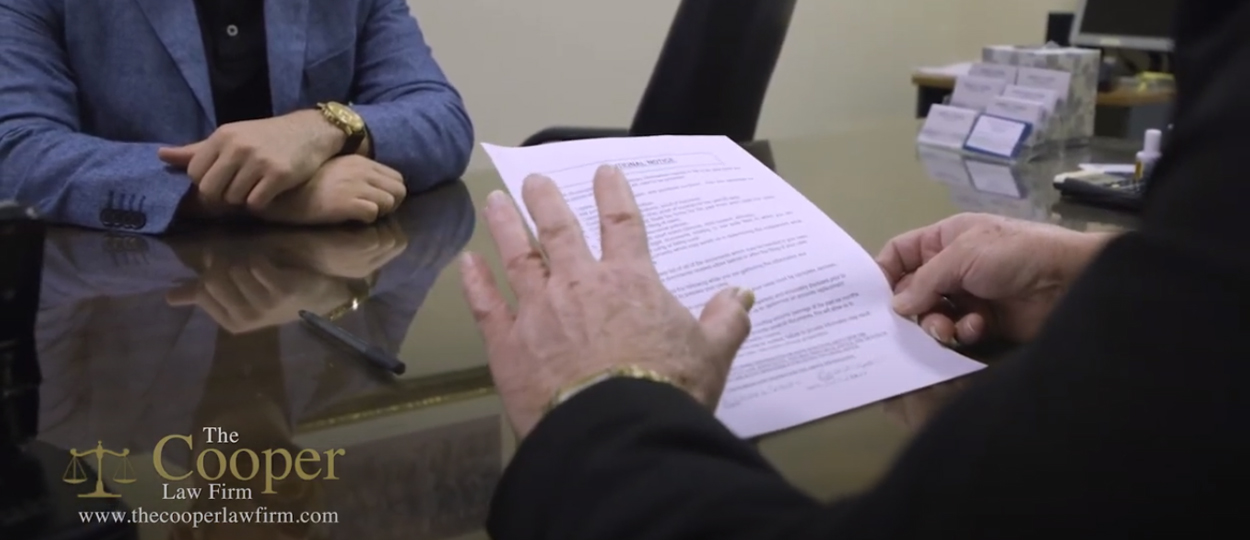WHAT ABOUT UNSECURED CREDITORS?
Moreover, this same corporate debtor owes $375,000 to its unsecured creditors. The monthly contractual payments toward that debt equals $6,250. Unsecured creditors are such things as credit cards, medical bills, signature loans, etc. for which no collateral (i.e. property) has been placed to secure the debts. Based upon an analysis conducted by the debtor's bankruptcy attorney, its average surplus after "cutting the fat off the budget" is $9,000 per month. This is, of course, after all overhead, including payroll, rent, etc. is paid. We know that we must pay $6,151 to the secured creditors as stated above, and this leaves only $2,849 per month with which to pay the unsecured creditors their contractual $6,250 per month. Therefore, we have just justified to the Federal Bankruptcy Court why we should be allowed to "cram down" on the unsecured creditors by paying them only $2,849 per month, instead of the $6,250 per month. This results in an additional savings of $3,410 per month, and results in our paying only $170,400 of the total contractual $375,000 the debtor corporation owes. This is a 55% savings in unsecured debt, which equals a $204,600 savings in unsecured debt. Moreover, the debtor will pay absolutely no interest whatsoever toward the $170,400 unsecured debt. It is important to note that a $204,600 reduction in unsecured debt actually equates to a $600,000 savings, because the debtor would have paid that much on the $204,600 that is now being eliminated, due to the elimination of interest on unsecured debt in the chapter 11.
BUT WHAT IF
WE ALSO OWE TAXES?
In his analysis the bankruptcy attorney discovered that the corporate debtor owes the IRS the sum of $60,000 in tax debt, and the state of South Carolina the sum of $15,000. Therefore, the plan now changes. Because the debtor has an average surplus of $9,000 per month as stated above, and it must pay the secured creditors their new total payments of $6,151 per month, this leaves only the $2,849 per month we had previously proposed to pay to the unsecured creditors. However, because the taxing authorities take priority over general unsecured creditors, we must reduce our monthly payments to the unsecured creditors, so that we can pay the taxing authorities. We would pay the taxing authorities the sum of $1,350 per month. This would include a reasonable rate of fixed interest as they are entitled to that under the bankruptcy laws. The IRS would receive $1,080 per month with the state being paid $270 per month. By simple math this $1,350 per month to the taxing authorities subtracted from our $2,849 per month, previously proposed to be paid to the unsecured creditors, now leaves only $1,499 per month to the unsecured creditors. Since we would pay unsecured creditors the $1,499 per month for five years under this scenario, they would receive only $89,940 of their total $375,000 contractual debt. This means they would receive only 24% of their total contractual debt with no interest.
Although a chapter 11 repayment plan is not limited to five years, the scenario I have laid out above does in fact pay all secured creditors, tax creditors, and unsecured creditors in 60 months. The debtor would write the checks each month according to the new terms, and pay those for 60 months. The balance of the debt would be discharged (i.e. forever forgiven), which means it would be legally eliminated, and the creditors would never be able under federal law to demand payments of any of the balance as long as the debtor has complied with the repayment plan. This is because the repayment plan, once approved by the Federal Bankruptcy Court becomes a new set of contracts, substituting itself for the old set of contracts.
Please understand that 99% of judges and lawyers know little or nothing about bankruptcy law, and 99% of bankruptcy lawyers know nothing about chapter 11. We have reorganized just about every type of business that exists over the last 22 years, and Court statistics reflect that we file more individual chapter 11 cases than any other law firm in the entire state of South Carolina. Because we are facing perhaps the worst economic conditions in the last 50 years, we are seeing more and more businesses, and individuals turn to chapter 11 to help them survive. We conduct a free initial consultation, and if you feel that you or your business is struggling to pay bills each month, we encourage you to call and schedule an appointment. Should you need a chapter 11 reorganization, be advised that I handle those personally. I will give you the benefit of my experience, conduct an analysis of your business or personal finances, tell you what I see, and assist you by preparing a plan of repayment structured to your business or personal finances specifically.







